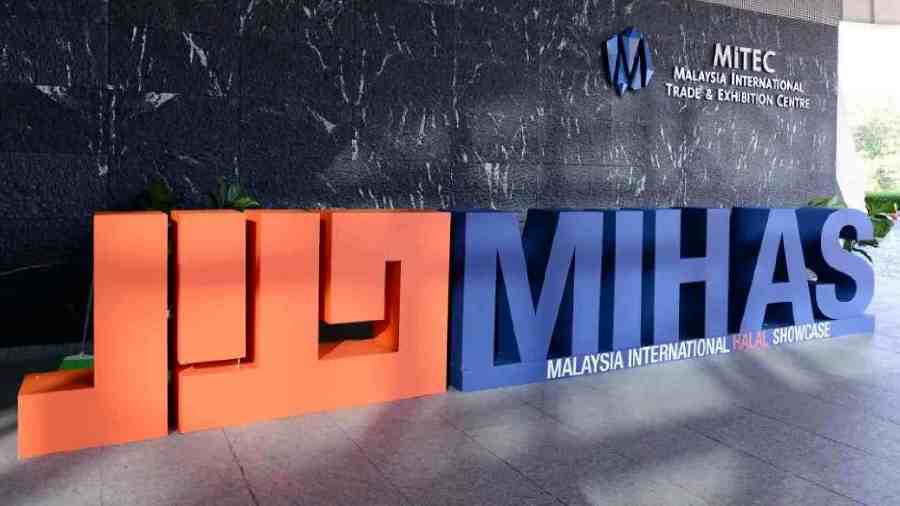The
House of Representatives on Tuesday hit the brakes on the controversial
halal bill until after Idul Fitri following complaints from the
Indonesian Council of Ulema (MUI).
The council and some
lawmakers said a clear mechanism for halal certification was needed to
ensure the MUI retained its authority to certify that products were
halal.
“The House of Representatives has to delay passing the
bill because it hasn’t been finished yet. It needs to be discussed by
the formulation committee and synchronization team,” said lawmaker
Hilman Rosyid, a member of Commission VIII, which oversees religious
affairs.
“The commission’s eight members will meet [on
Wednesday] to try to finalize it,” he said. “We hope that it will be
passed after the Idul Fitri holiday.”
The bill mandates that
all packaged food, beverages, medicines and cosmetics produced and sold
in the country must pass a halal certification test.
It’s been criticized as divisive by non-Muslim minority groups and an unnecessary burden by the business community.
Business
associations, fearing the costly labeling regulations could bankrupt
small companies, have threatened to challenge the constitutionality of
any halal law with such requirements.
On Monday, the
Indonesian Chamber of Commerce and Industry (Kadin) said there were
already laws on the books that regulated halal requirements, such as
the 2009 Animal Husbandry Law, the 1999 Consumer Protection Law, the
1992 Health Law and the 1996 Food Law.
Ma’ruf Amin, the head
of the MUI’s fatwa body, said the council had sought a delay of the
bill for its own reasons — the government had yet to state clearly
which body would be responsible for issuing halal certificates.
“The
government does not have the authority to issue a halal fatwa,” Ma’ruf
said. “Halal or haram [forbidden] is from a fatwa, and only ulema who
are represented by the MUI in this country have the authority to issue
that.”
However, Nasaruddin Umar, director general for mass
guidance on Islam at the Ministry of Religious Affairs, defended the
halal bill and implied the had MUI overreacted.
“It’s not true
the MUI has been left out of [the process]. In fact, they’re going to
be integrated [into it]. They actually will benefit from this bill
since it affirms their existence,” he said.
Nasaruddin also
sought to allay fears among business associations by assuring them that
the law would make halal certification voluntary. He also said the
certification cost would be affordable and the process uncomplicated.



